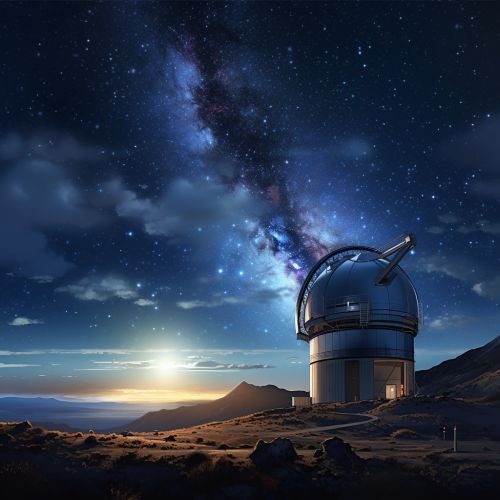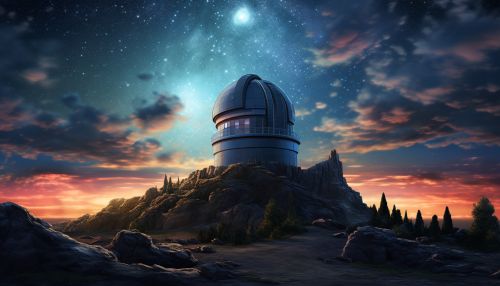Dark energy
Introduction
Dark energy is a hypothetical form of energy that permeates all of space and tends to accelerate the expansion of the universe. It is the most accepted hypothesis to explain observations since the 1990s indicating that the universe is expanding at an accelerating rate.


History of the Concept
The concept of dark energy, its properties, and its effects on the universe have been a subject of study in the field of cosmology for many years. The term "dark energy", coined in 1998, is used to represent the unknown cause of the universe's accelerated expansion.
Observational Evidence
The evidence for dark energy is indirect but comes from three independent sources:
1. Distance measurements and their relation to redshift, which suggest the universe has expanded more in the last half of its life. 2. The cosmic microwave background radiation, which suggests the universe is flat, meaning that the total energy density of the universe is a specific, critical value. 3. The formation and distribution of galaxies in the universe, which suggest that the universe has more matter than can be accounted for by visible matter alone.
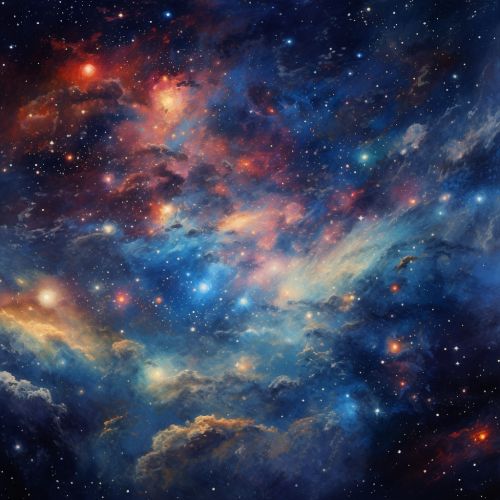

Theoretical Models
There are various models that attempt to explain the nature and properties of dark energy. These models can be broadly categorized into two groups: cosmological constant models and scalar field models.
Cosmological Constant Models
The cosmological constant (Λ) is the simplest form of dark energy and is associated with the vacuum energy in quantum field theory. This model assumes that the energy density of dark energy is constant throughout the universe's history.
Scalar Field Models
Scalar field models, on the other hand, allow the energy density of dark energy to change over time. These models include quintessence, phantom energy, and quintom models.
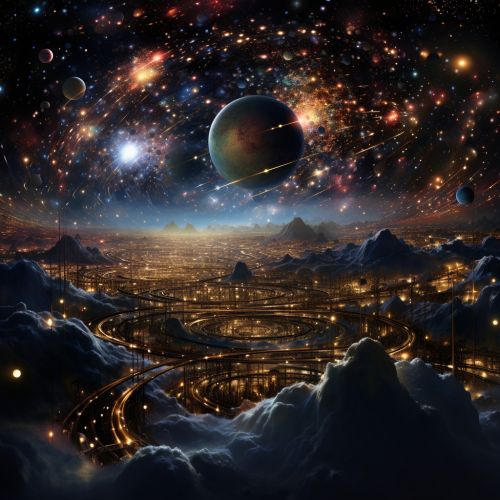
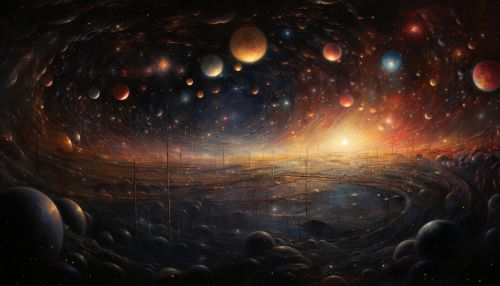
Effects on the Universe
Dark energy has profound effects on the universe. It is thought to be the driving force behind the universe's accelerated expansion. Without dark energy, the universe's rate of expansion would slow down over time due to the gravitational attraction of matter.
Future Implications
The future implications of dark energy are still a topic of ongoing research in cosmology. If the density of dark energy is constant, the universe will continue to expand at an accelerating rate. On the other hand, if the density of dark energy increases over time, it could lead to a scenario known as the Big Rip, where the density becomes so high that it tears apart all structures in the universe, from galaxies and stars down to atoms.
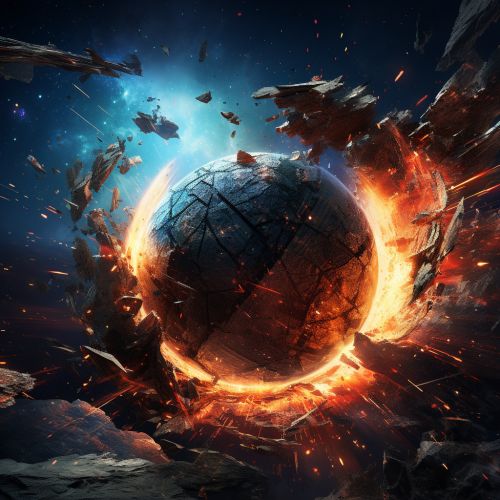
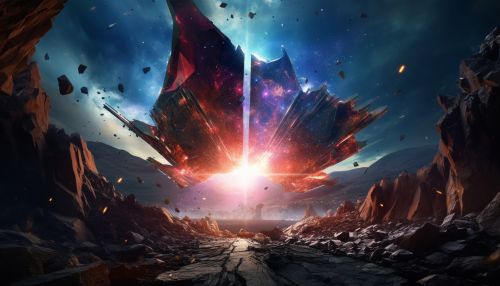
Current Research and Challenges
Despite the many observations and models, the nature of dark energy remains one of the biggest mysteries in science. Current research is focused on improving the precision of cosmological observations and developing new models that can better explain the observed properties of dark energy.
